Your gut bacteria might be the key to preventing weight gain and binge eating.
Recent research has uncovered a link between gut bacteria and eating behaviors. These findings could lead to groundbreaking treatments for food addiction and obesity.
The Role of Blautia Bacteria
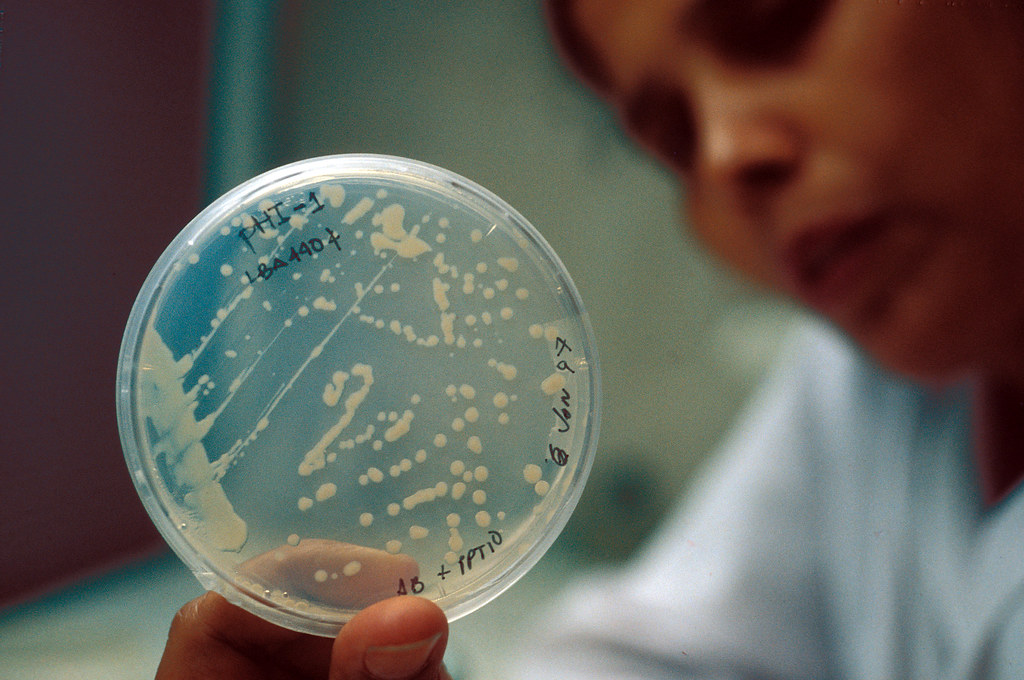
Increasing beneficial bacteria, such as Blautia, can prevent addictive eating behaviors in mice.
“This type of bacteria in effect protects against the development of compulsive food addiction,” says Elena Martin-Garcia, a senior study author.
Human and Mouse Microbiome Patterns
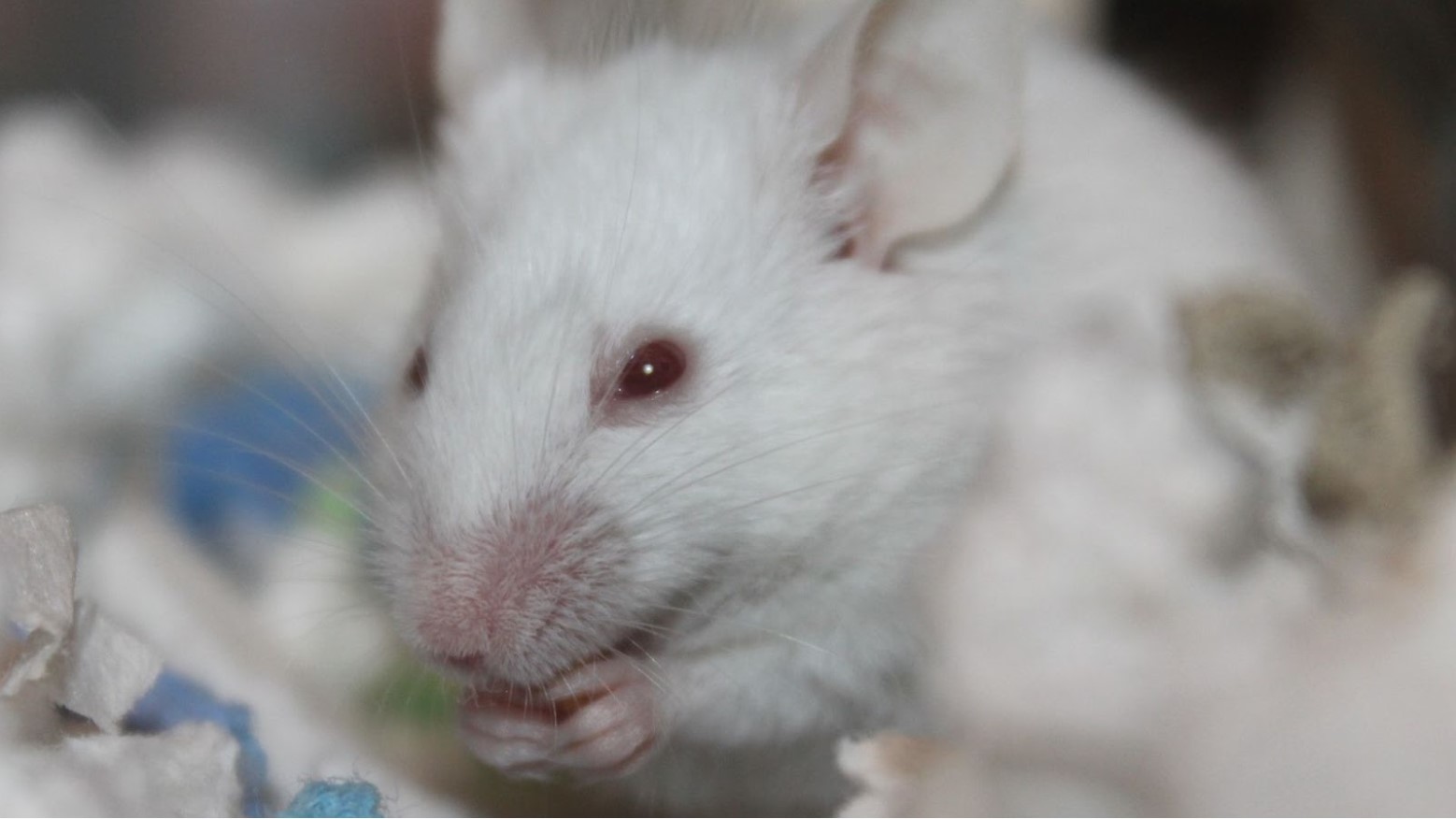
Researchers found similar microbiome patterns in humans and mice prone to binge eating.
This suggests a strong connection between gut bacteria and eating habits, emphasizing the role of our microbiome in health.
The Gut-Brain Connection
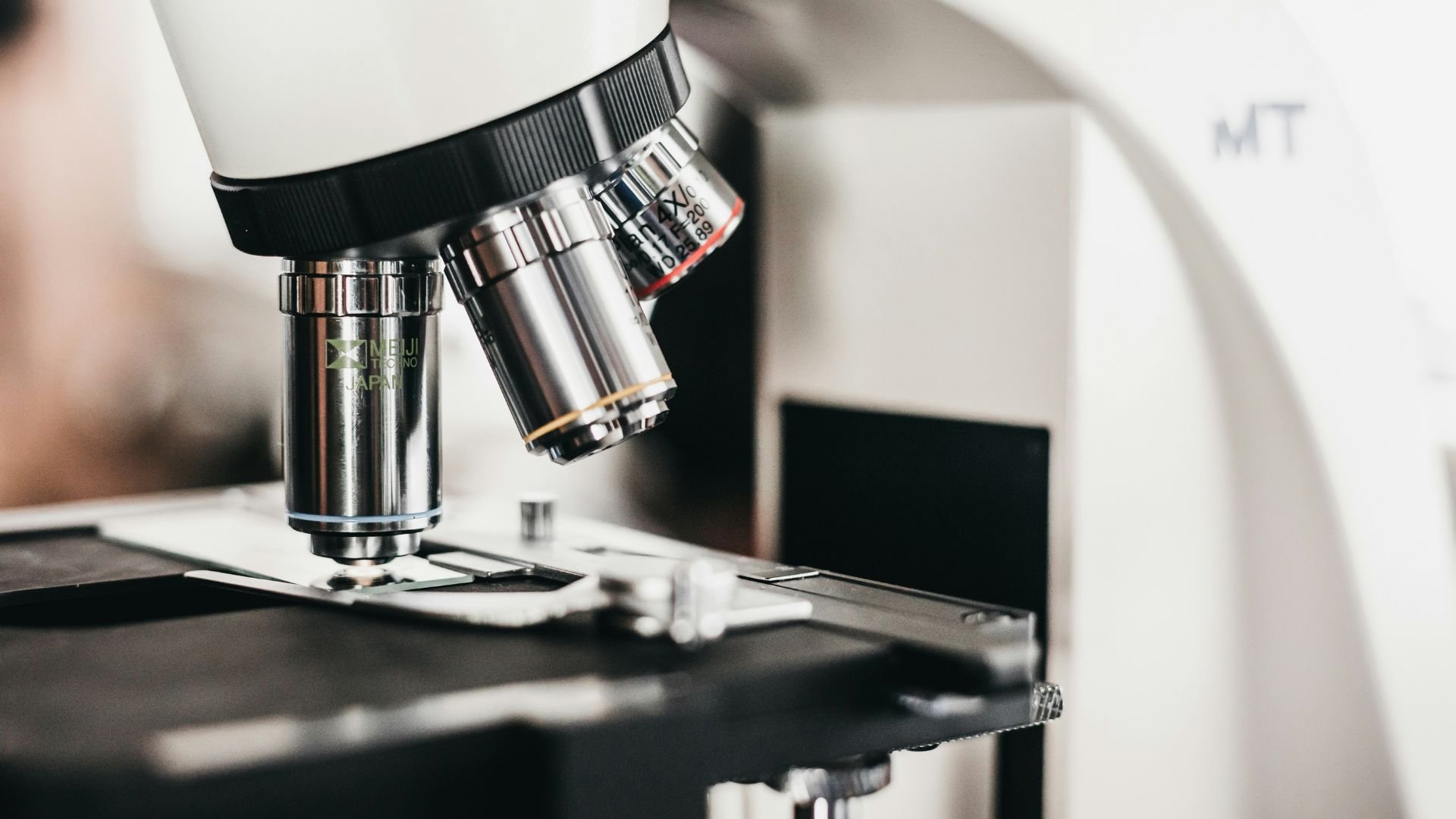
Scientists believe that the gut communicates with the brain, affecting areas involved in self-control.
This connection may explain how gut bacteria can influence our eating behaviors and overall health.
Experiments with Obesogenic Foods
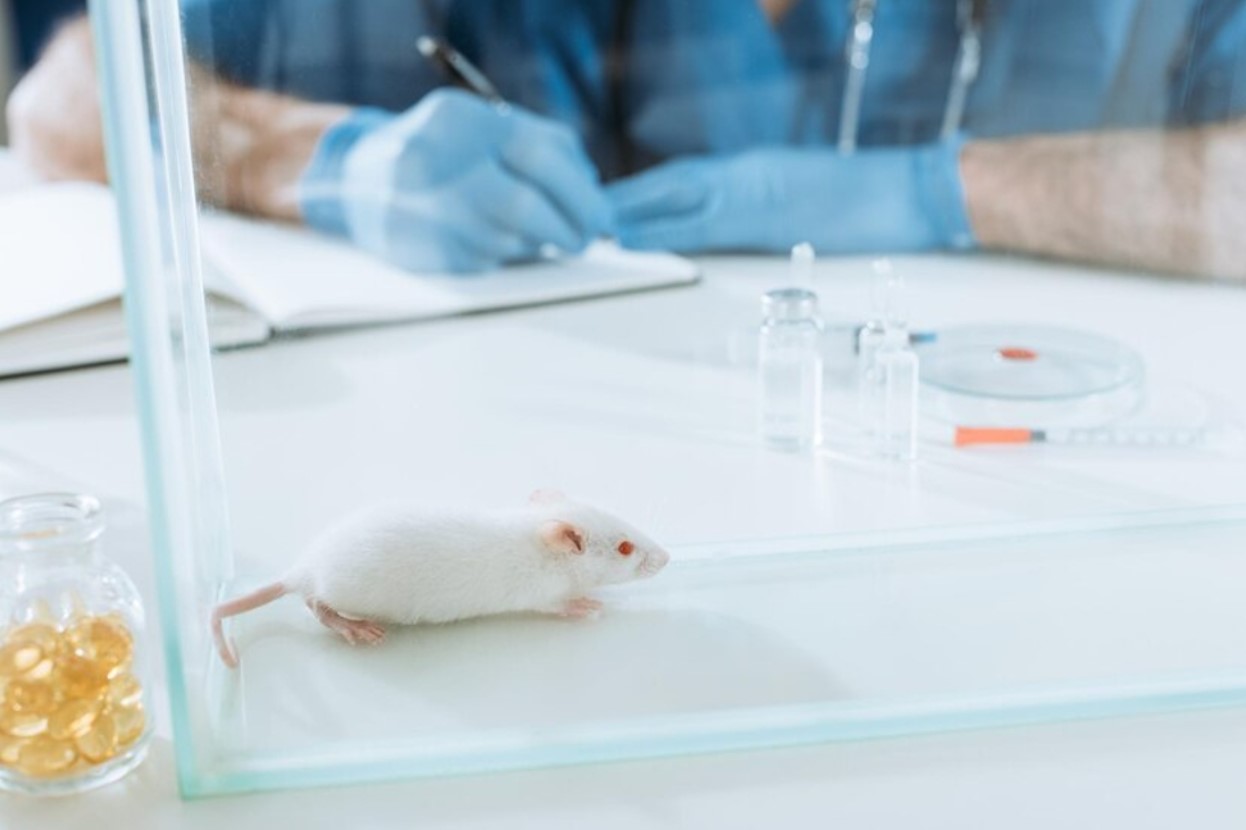
When mice were exposed to obesogenic foods, 22% developed compulsive eating behaviors.
Mice with higher levels of beneficial bacteria did not, highlighting the importance of a balanced microbiome.
Future Research Directions
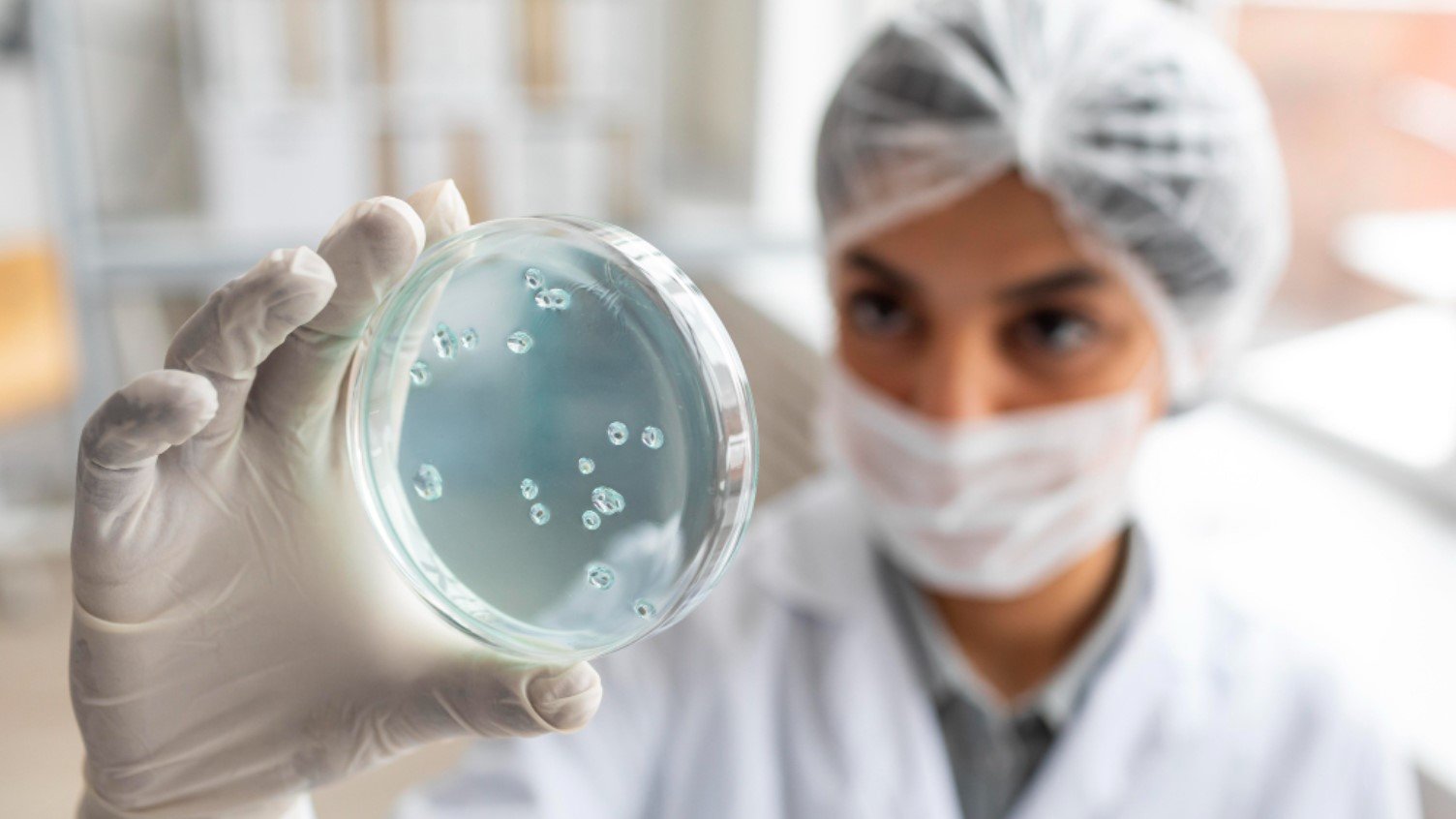
Researchers plan to test whether increasing beneficial bacteria in humans can curb binge eating.
If successful, this could revolutionize treatments for food addiction and help manage obesity more effectively.
Diet and a Healthy Microbiome

A diet rich in vegetables and complex fibers promotes a healthy microbiome.
Reducing processed foods and saturated fats also helps maintain this balance, protecting against chronic diseases.
Microbiome and Disease Links

Previous research has linked “bad” gut bacteria to diseases like diabetes.
Dr. Daniel Wang from Harvard Medical School highlights the importance of understanding these connections for better health outcomes.
The Importance of Balanced Gut Bacteria

Balanced gut bacteria are crucial for overall health.
They influence eating behaviors and impact our risk of developing various health conditions, showing the importance of maintaining a healthy microbiome.
Understanding Food Addiction

Food addiction, though not officially recognized, involves difficulty controlling the consumption of highly processed foods.
This condition is increasingly acknowledged by researchers as a serious health issue.
The Genetic and Environmental Factors
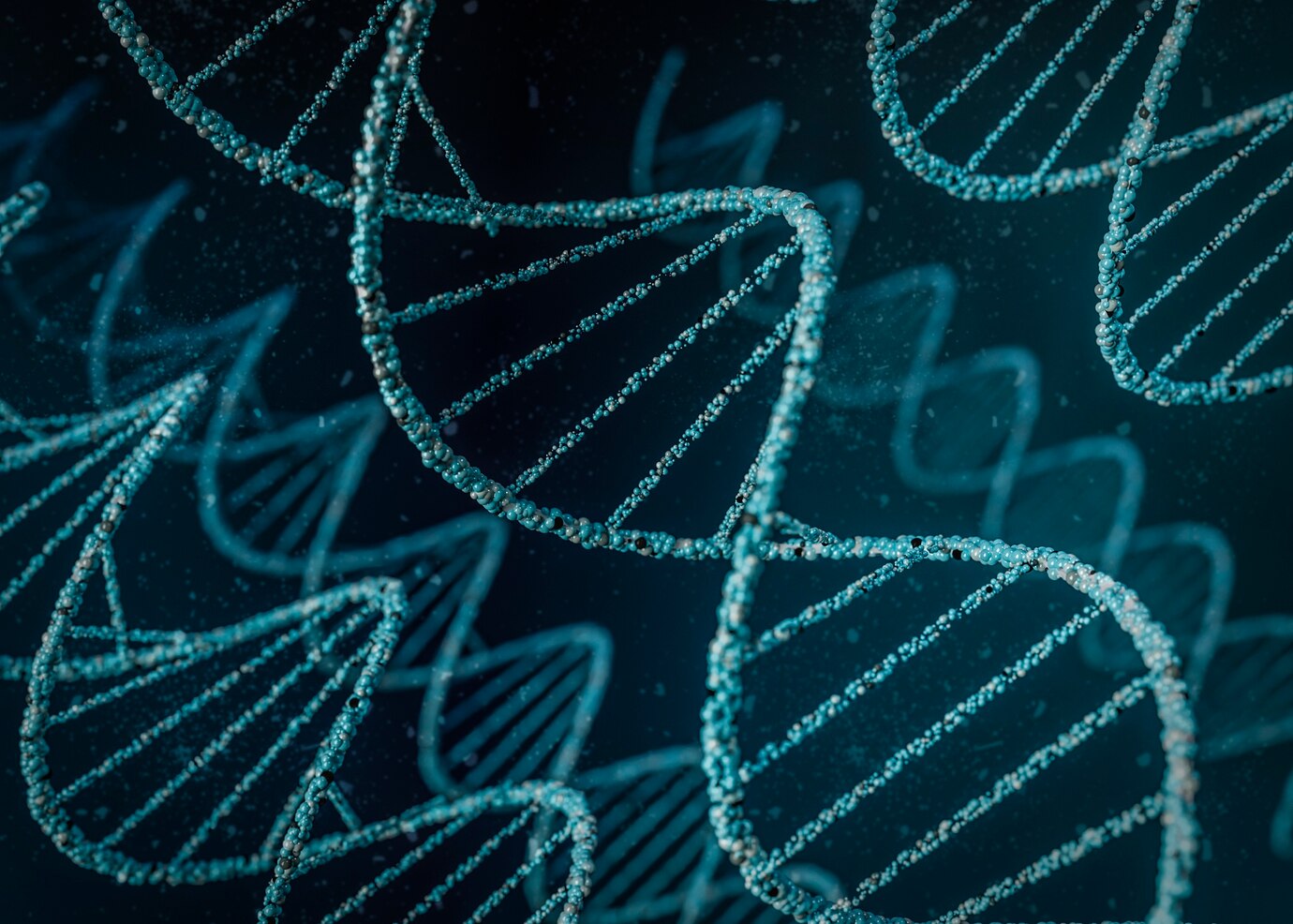
Binge eating can result from genetics and environmental factors.
Mice with a genetic predisposition for binge eating lost control when exposed to obesogenic foods, demonstrating the complexity of this behavior.
Potential for Microbiome-Targeted Therapies

Increasing beneficial bacteria could lead to microbiome-targeted therapies.
These treatments could help those struggling with compulsive eating and obesity, offering new hope for managing these conditions effectively.








































